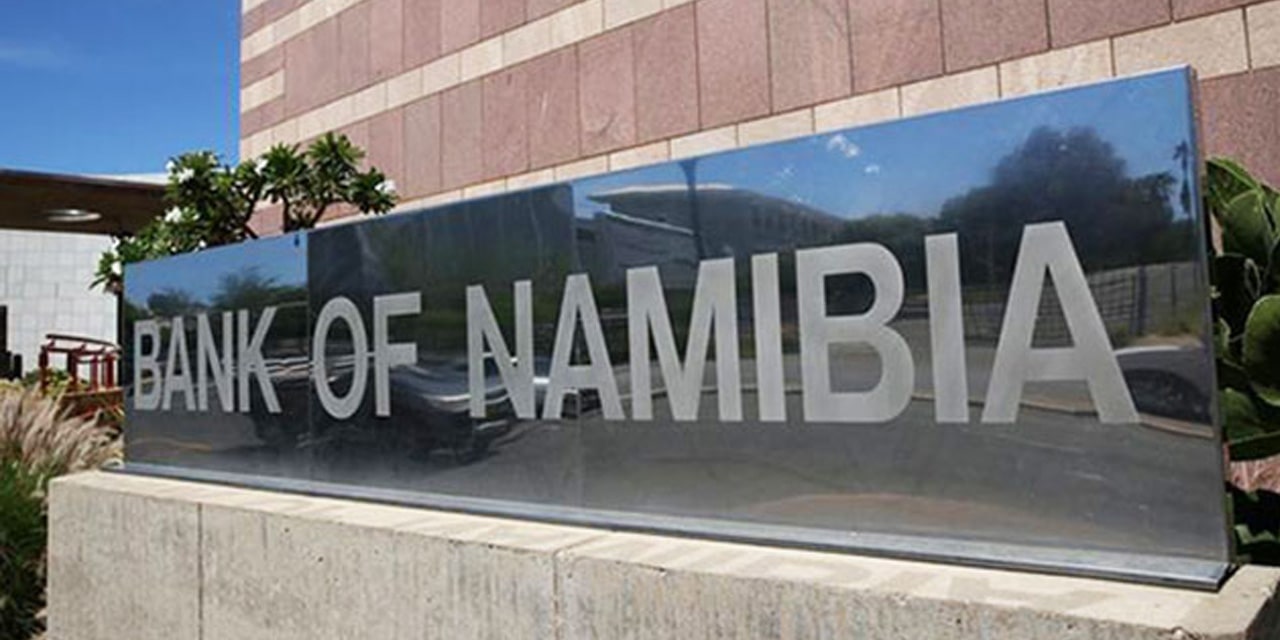Martin Endjala
The Bank of Namibia will soon have the authority to deal with commercial banks that are contravening the Banking Institutions ACT following the introduction of the Banking Institutions Bill tabled in parliament which is intended to repeal the Banking Institutions Act, Act No. 2 of 1998 as amended.
During the tabling of the Bill, the Minister of Finance and Public Enterprises, Iipimbu Shiimi said that the banking regulatory framework should be effective and responsive to the needs of the people and when promulgated, it will enhance the regulatory and supervisory framework for banking institutions and contribute to the maintenance of financial stability.
The effective date for the commencement of this Bill will be upon publication in the Government Gazette.
In this regard, the Banking Institutions Bill was drafted having regard to the national aspirations and international supervisory standards in banking regulation as provided by international standard-setting bodies such as Basel Core Principles for Banking Supervision, the Financial Sector Assessment Program/International Monetary Fund and the Financial Action Task Force.
Shiimi highlighted that the Bank does not have adequate powers to deal with banking institutions that are conducting their businesses in contravention of the Act, or in a manner detrimental to their customers, adding that these weaknesses were revealed during the crisis simulation exercises and the Small Medium Enterprise Bank case in 2017.
As a result, it is proposed that the powers of the Bank regarding banking institutions be enhanced among others, to empower the Bank to suspend or remove directors or executive officers of banking institutions through an order, particularly in circumstances where such directors or executive officers are suspected of conducting illegal activities which are detrimental to the banking institutions.
However, Shiimi stressed that the order to suspend or remove a director or executive officer is a last resort and the concerned director or officer will be allowed to be heard by the principles of natural justice.
“One of the principles of administrative justice is that any person who is aggrieved by any decision of the administrative body should seek redress before a competent Court or Tribunal.
Therefore, to ensure that persons who are aggrieved by the decision of the bank seek justice in the least costly manner, the Appeal Board is established to hear and determine appeals against the decisions of the Bank.
The Bill provides in detail how the Appeal Board should be constituted and the procedure to be followed by the Board, “explained the Minister.
Meanwhile, the Bank of Namibia has been receiving numerous complaints from members of the public regarding the exorbitant fees charged by banking institutions.
As the regulator of banking institutions, the bank should ensure that the fees payable by customers for services rendered by banking institutions are determined in the public interest and are commensurate with the cost incurred in providing those services to the customers.
The bill proposes that the Minister be empowered to make regulations relating to charges imposed by banking institutions on their customers.
In terms of the Financial System Stability Assessment for Namibia conducted by the World Bank in 2018, revealed significant weaknesses in the Banking Institutions Act, 1998 as amended such as the lack of adequate stabilisation powers for the Bank of Namibia to deal with failing banking institutions.
These assessments further revealed that the fit and proper assessment undertaken by the bank on directors and shareholders of banking institutions needs to be enhanced.
Another significant deficiency in the Act relates to a lack of definition of beneficial owner concerning banking institutions as identified by the recent Mutual Evaluation conducted by the FATF and ESAAMLG in 2021.
These shortcomings Shiimi said, need to be addressed, primarily to prevent Namibia from being grey-listed and to ensure that banking institutions are regulated effectively.
Furthermore, the Ministry in collaboration with BoN seeks to address the deficiencies and achieve objectives such as introducing the regulatory framework for microfinance banking institutions to enhance access to financial services.
It further seeks to enhance the Bank of Namibia’s powers to resolve failing banking institutions. Introduce the optimal level of local and foreign shareholding in banking institutions.
As well as introduce the requirements relating to recovery plans of banking institutions and clarify the provisions relating to illegal financial schemes.
Moreover, most banking institutions in Namibia are owned by foreign parent companies. It has been noted with concerns that these foreign parent companies interfere in the governance and management of local banking institutions.
This interference is said to harm institutional independence as well as national economic development because commercial decisions are made in favour of foreign interests instead of national interests.
It is, therefore, proposed that the powers of the board of directors of banking institutions be strengthened to ensure their independence in executing their fiduciary functions.
The Minister went on to indicate that one of the lessons learned from the global financial crisis is that there should be regulatory standards in place to make banking institutions more robust and reduce the risk of failure in the future. One of such regulatory standards is the requirement for banking institutions to have recovery plans demonstrating how the institution would be resolved in a rapid and orderly manner in the event such an institution experiences material financial distress or failure.
In line with the international best standards, the Bill introduces a requirement for banking institutions to maintain recovery plans.




